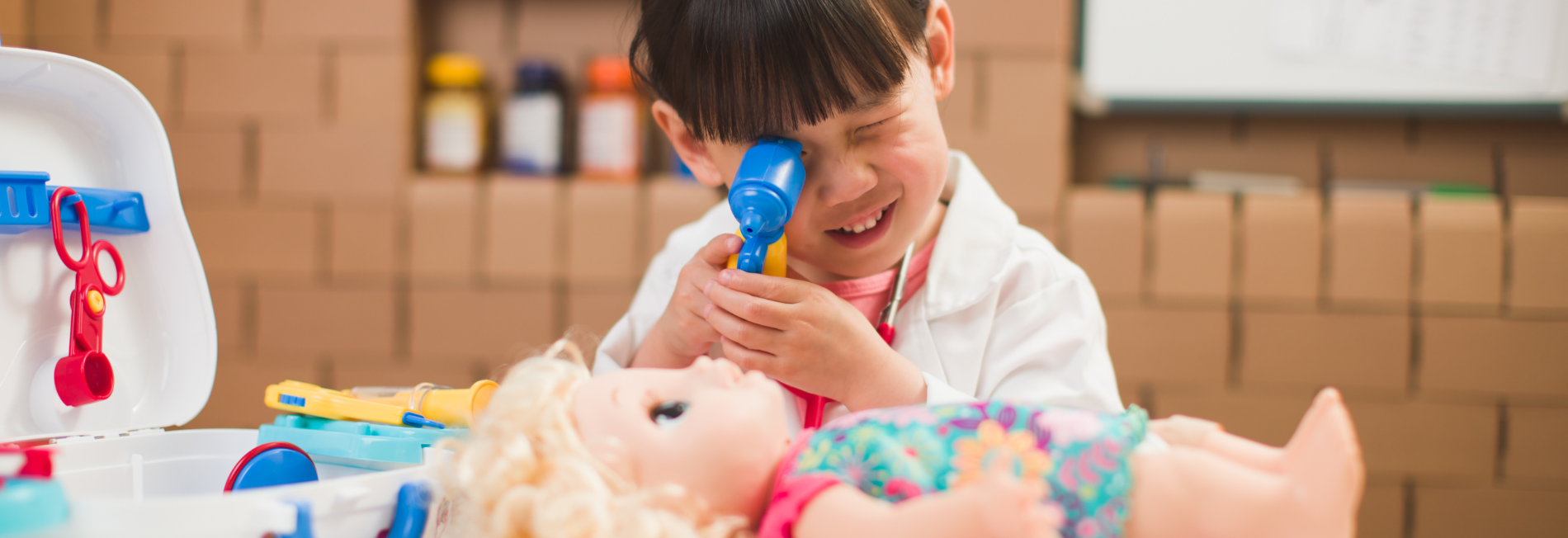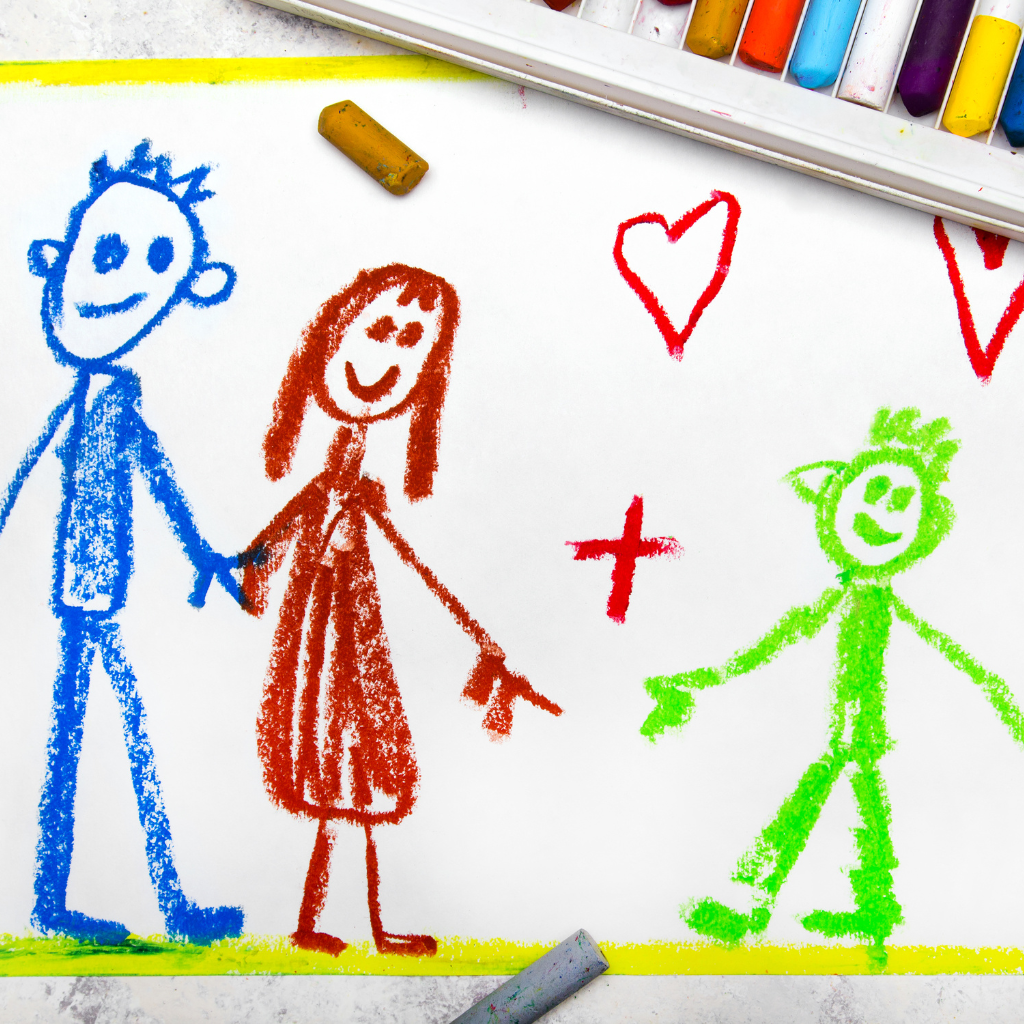SERVICES
Play Therapy
Play therapy is a specialized form of therapy designed primarily for children, although it can also be adapted for some adolescents and adults. It utilizes play as a means of communication, expression, and healing. During sessions, children engage in unstructured play activities to express and process emotions, helping them develop coping skills and address psychological and behavioral issues.
Call us
(571) 645-2222





